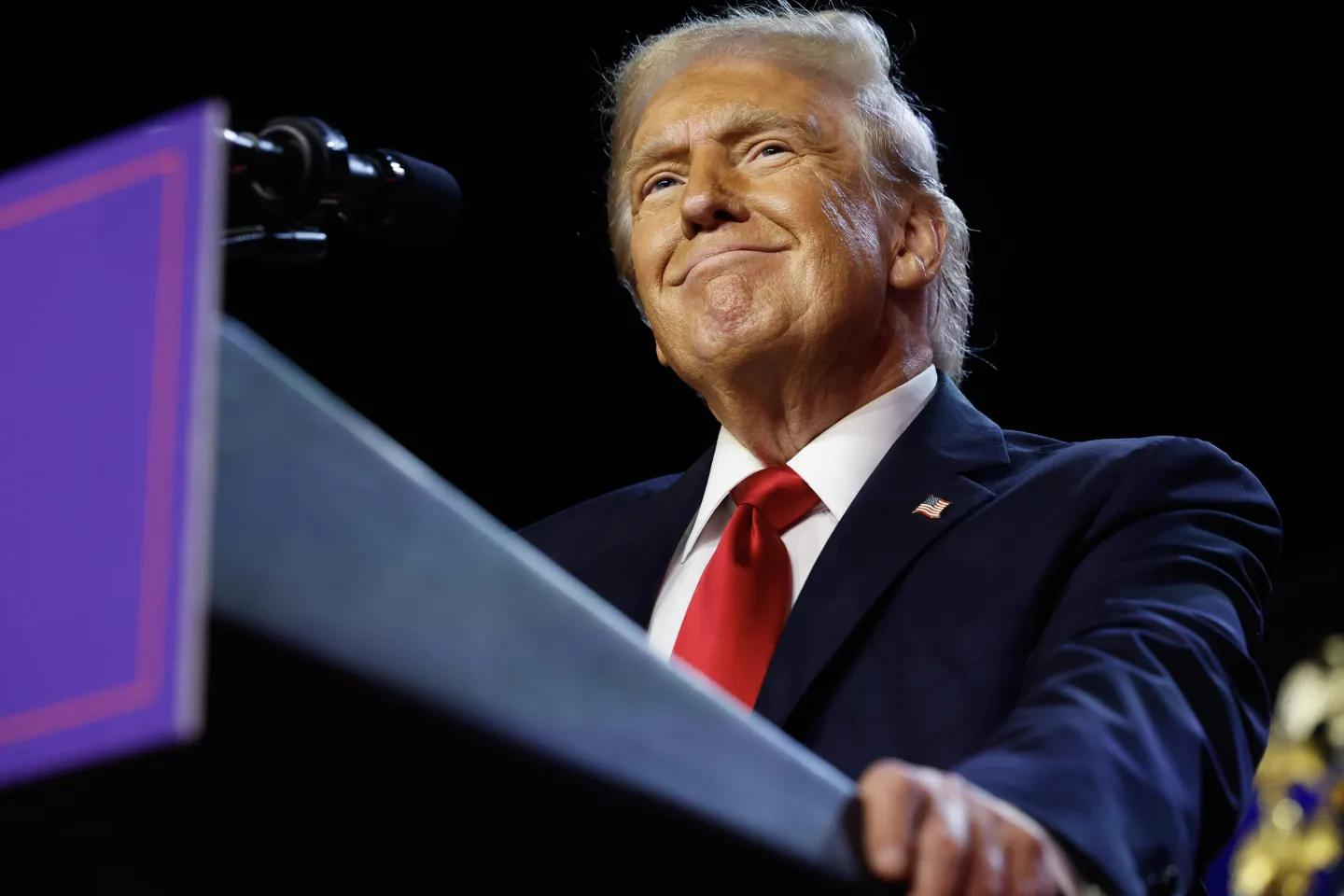
As the poster child of the fourth industrial revolution and the artificial intelligence (AI) boom, Nvidia (NASDAQ:NVDA) stock has certainly gained the most in terms of reputation visibility, and popularity for its products in the last two years. Much of this excitement was justified in the early days as the company had provided novel technologies for the processing of specific types of information via their proprietary graphics processing units.
It was this ownership of information and mastery of a complex technology that led the company to soar over the last two years with over 520% gains since this time in 2022. Yet all that goes up must come down. And the reality is that the kind of sales and revenue that have driven Nvidia stock to the levels that it sees right now are simply not capable of continuing for much longer.
Moreover, if the broader market crashes, overvalued positions like the one Nvidia stock is trading at right now, are the first target for sales to recuperate cash, as it becomes more valuable investments.
Nvidia’s Record Numbers
For much of the past 25 years, Nvidia saw steady growth as a result of sustainable sales of its proprietary GPUs. Those were primarily used on laptops and desktops for personal computers that needed to run graphics-intensive software like video games and 3D modeling. However, in the late 2010s and now the early 2020s Nvidia’s true potential as a technology company began to shine. Its distinct knowledge of processing methods for computers made it exceptionally valuable to highly specialized computing applications like data centers.
Now, those same data centers have exploded in demand for services due to the type of calculations that are necessary to train and process the large language models that currently drive the AI industry. In other words, whether by coincidence or design, Nvidia’s linear processing-capable GPUs are the perfect fit for current AI development.
Nevertheless, demand for data center technology is at an all-time high as many companies rush to achieve new applications and levels of AI complexity. Once the race is over, either due to the realization that AI is not as valuable as previously assumed, or due to a winner emerging, that demand is sure to decrease.
The Fabless Fallacy
Nvidia currently dominates from a hardware sales perspective. This is true even though the company does not manufacture any of the hardware that it sells. It is a fabless designer that rakes in a significant amount of the profits without the complexities and overhead of manufacturing.
On one hand, this makes the company’s business model very sustainable. It outsources the highly complex manufacturing process to affordable countries like Taiwan. Otherwise, it would cost significantly more in the U.S.
On the other hand, it exposes a severe weak link in the company supply chain that is at geopolitical risk from more than just another country. Investors witnessed this firsthand when former President Donald Trump made statements on the campaign trail that countries like Taiwan should be paying for U.S. defense instead of taking it for granted. As a result of these statements, several semiconductor manufacturing stocks such as Nvidia and Taiwan Semiconductor (NYSE:TSM) took a dip due to investor worries that the relationship between the two nations could eventually sour from another Trump presidency.
Why Nvidia Won’t Grow Quickly Long Term
With both an unsustainable revenue outlook and the aforementioned supply chain weaknesses. The future might not be as exciting for Nvidia stock as the present. Looking at the company’s recent strategies, it may be that its leadership has realized this. It has begun to move toward monetizing the services around its hardware, such as AI data center software and GPU customization technologies.
In other words, Nvidia will likely become a service provider that maintains and improves upon the infrastructure it got so rich from selling. As a result, now would be a good time to sell Nvidia as it is trading at an overvalued position when looking at its price-to-earnings ratio of 65.71x and its price-to-book ratio of 57.13x.
This isn’t a sell recommendation of panic, but rather of pragmatism as investors may be able to maximize their growth elsewhere in the coming decade after Nvidia hits its peak.
On the date of publication, Viktor Zarev did not have (either directly or indirectly) any positions in the securities mentioned in this article. The opinions expressed in this article are those of the writer, subject to the InvestorPlace.com Publishing Guidelines.
On the date of publication, the responsible editor did not have (either directly or indirectly) any positions in the securities mentioned in this article.
Viktor Zarev is a scientist, researcher, and writer specializing in explaining the complex world of technology stocks through dedication to accuracy and understanding.











